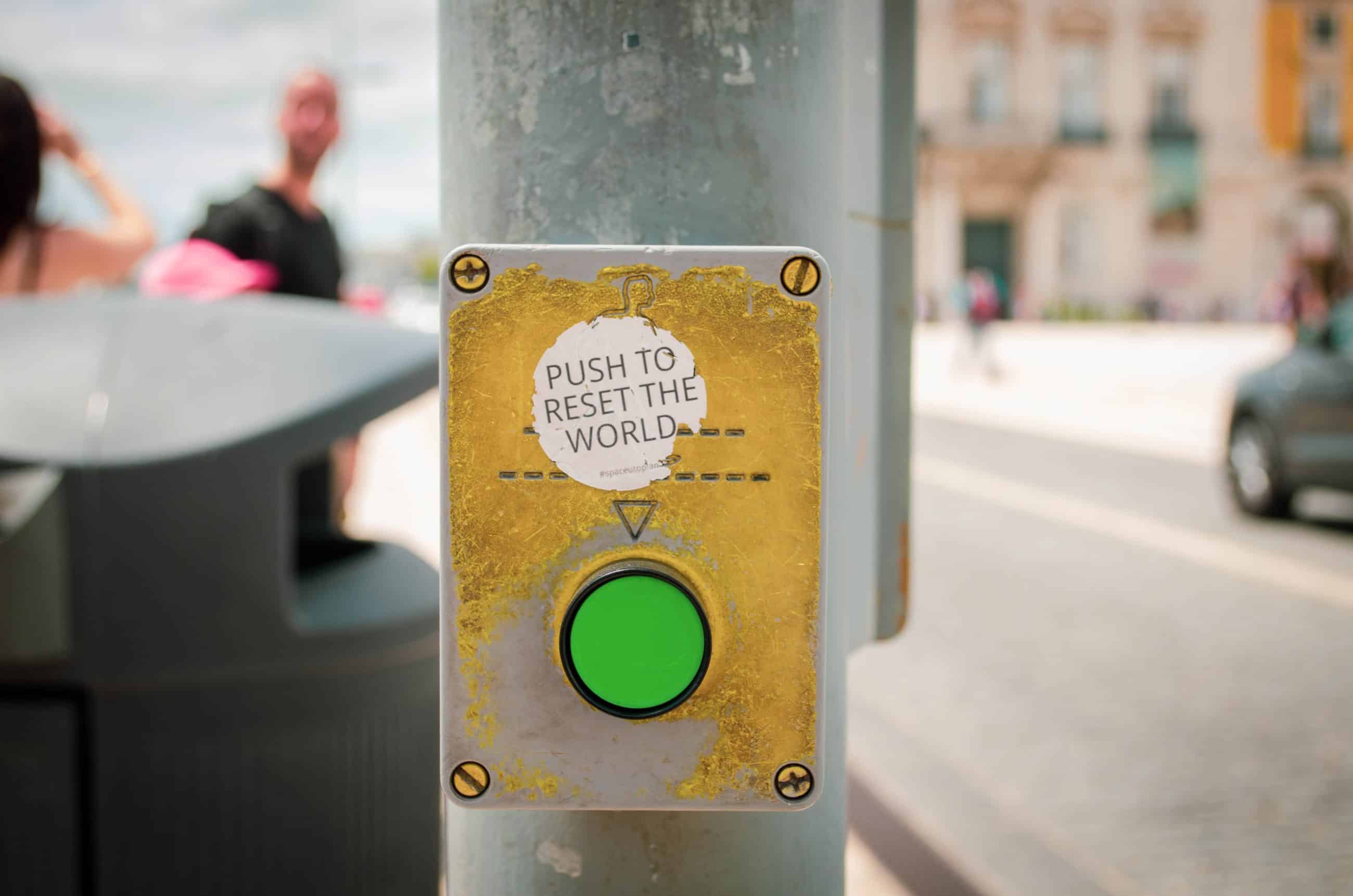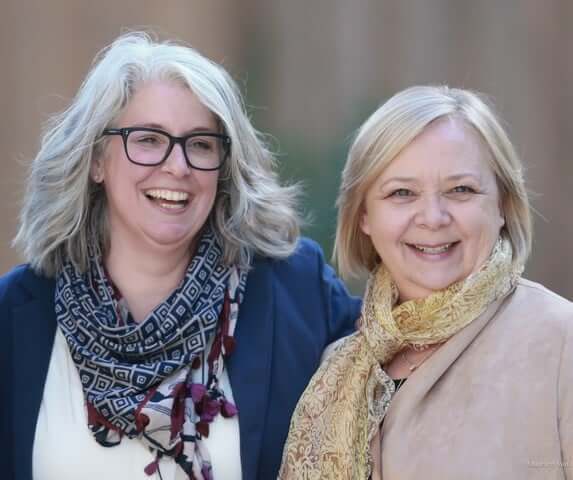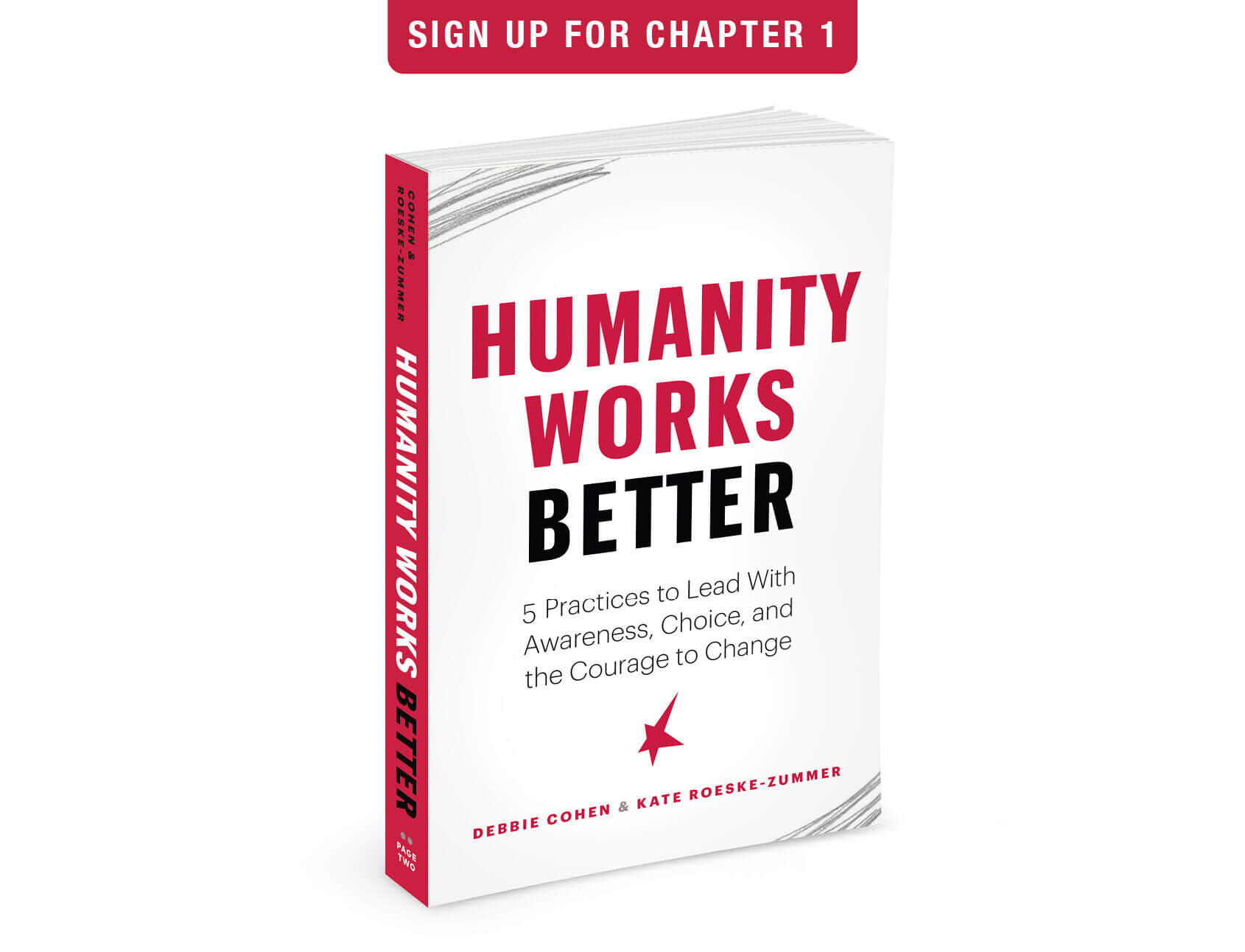
How to Consciously Reset explores possibilities that emerge from this crisis. We examine how Shelter-in-Place has been an opportunity to pause and notice: Who are you being? How are you coping? What is beginning to emerge?
It has been said, necessity is the mother of invention meaning when you are put in a difficult situation, you are likely to be inspired to create some kind of new or ingenious solution. This has been true after other disastrous plagues, and it will be true for this one too. Examples are featured in a recent Forbes article, Why Coronavirus Will Stimulate Innovation where the author highlights the birth of modern society following The Great Plague, the emergence of the free press following the Small Pox outbreak, and the rise in e-commerce following SARs.
As you shelter-in-place at home and yearn for what was normal a few short months ago, conversations about a “reset” post the COVID-19 pandemic are emerging. Glimpses of a future are beginning to emerge. “The normal wasn’t normal. The normal wasn’t good.” said Marina Gorbis, Executive Director of Palo Alto’s Institute for the Future. Over its 53-year history, the Institute has focused not only on forecasting the future but also developing innovative solutions. “What kind of future do we want to live in?” she asks. “What kind of future do we want to create? And what can we do to promote that desirable future?”
Numerous publications have highlighted the potential gains in health care, the food supply and distribution, new ways of working, and wins for our climate. These big, hairy audacious shifts can seem hard to get your head around and might feel outside the day-to-day control for most of us. So how do you start to reset parts of your life? Where do you begin?
Let us introduce you to the Learning Steps, there are four of them. Being aware of these four steps can be super helpful when you are learning anything new – they are universal and provide a roadmap of the process of trying something new. They are helpful because they give you permission to not know, give you grace when trying something new, and can give you permission to reach out to others for help without thinking you are failing. Knowing where you are in these four steps can be encouraging when it gets hard and your saboteur whispers “you are not enough.”
Step One: Unconscious Incompetence. This first step: you don’t know what you don’t know. Think about learning how to ride a bike, or learning to ski. You might have seen it done, had some awareness of people doing it, but you knew nothing about how to begin to do it. There is something compelling about this new thing that draws you towards it. Your desire to try it is powerful and it is what is fueling your foray into this unknown territory! Stay curious about that!
Photo by NeONBRAND on Unsplash
Step Two: Conscious Incompetence. The second step brings an awareness of all that you don’t know about that thing you want to do. Imagine hopping on a bike for the first time and all the wobbles, spills, skinned knees and elbows that come with learning to ride. What you are trying to learn might look easy, but gaining the skills and techniques to be able to do that thing is hard. Many people give up on this step. If this happens to you, remember why this thing is important to you and commit to what you envision being different. Most importantly, don’t give up.
Step Three: Conscious Competence. Step three brings a relief to the individual learning to do the new thing. You are aware of what you are doing and why. And you are tasting the success of your dedication. Back to the bike riding example, you can now ride a little longer without falling, you have moments of “yes! I am doing this!” You might even play around a bit, taking your hand off the handlebars, going faster or longer without falling. You are gaining confidence in what you know. At this stage you stretch your capabilities a bit more because you are conscious that you are succeeding! And, we often spend a lot of time bouncing between steps two and three as we are learning: both conscious of our incompetence and competence! This is the hotbed of learning!
Step Four: Unconscious Competence. You know you have reached the final step in the learning pathway when you can do that thing, now probably not so new, without even thinking about it. It is second nature to your way of being. Many of us hop on a bike without giving it a second thought. The great thing about this step is you now know how to do that thing you wanted and have developed new skills, new insights, and new experiences to propel you forward. The downside to watch for is complacency and forgetting the responsibility that come with doing this new thing. Challenge yourself to remain conscious of the impact you create and take responsibility for it. Be the good human you are.
So, what’s possible if you consciously seek to reset parts of your life? What happens when going back to “normal” may no longer be what you want? What’s possible if you put your energy and attention towards learning something that you want? Where do you begin?
First, notice what do you like about what is happening right now. Then notice what you do not like about what is happening right now. Pay attention to both. These are breadcrumbs taking you in a new direction, if you decide to pick them up!
Second, notice your own values-in-action. Most of us live our lives without consciously claiming our values. Raised within families and communities, larger societal contexts imprint values and expectations. Your values, conscious of them or not, guide behavior. This enforced pause may cause you to question the status quo, “the way things are.” So notice what is working for you? How is this enforced pause right now supporting the life you want to live or not? Notice what is working for you? How is life right now supporting the life you want to live or not?
Kate and her husband, George, walk around their neighborhood to get some fresh air and to feel some sort of normalcy. On their walks they have noticed many more families throwing balls and frisbees outside with their kids. They live in a very family-oriented neighborhood, so it is not as though they have never seen families out playing together, but not with the current frequency. There is something important happening in families right now. Living together so closely provides opportunity for family values to be imprinted in a very significant way and to deepen their meaning by making them explicit.
This period of time provides an opportunity to become conscious of your values, to claim them and to consciously live them every day. Alone or with others, seek to name them and get clear on what behaviors represent them. Think about connecting how you are being to why it is important to you. And, then begin to think about how you can live into those values beyond this COVID-19.
Here’s an idea: Along with the other people in your house, list out the answer to this question “In our family/group we…” and generate words, for example: laugh, roughhouse, share, say thank-you, argue, hug…you get the idea. When done with that list, for each word ask “why is that important” to the people creating this with you (you can also do this for yourself!). This exercise helps surface core values and increase consciousness for how you want to be in the world.
We are still in the middle of this unfolding story. We can inform our future by envisioning the outcome we want to live into. Notice what feels important to bring forward as you emerge. What “reset” are you conscious of making on the other side of this pandemic? Notice how this enforced pause is changing you! Become the good human you want to be.
Acknowledgements: Our gratitude to Anika Briner and Michelle Zajac for their contributions to this article.

About the Authors, HumanityWorks Team:
Kate Roeske-Zummer, Founder and Chief Inspiration Officer
Bringing more humanity to the workplace.
Debbie Cohen, Chief Instigation Officer
Causing transformation of people and systems so both can reach their fullest potential.


